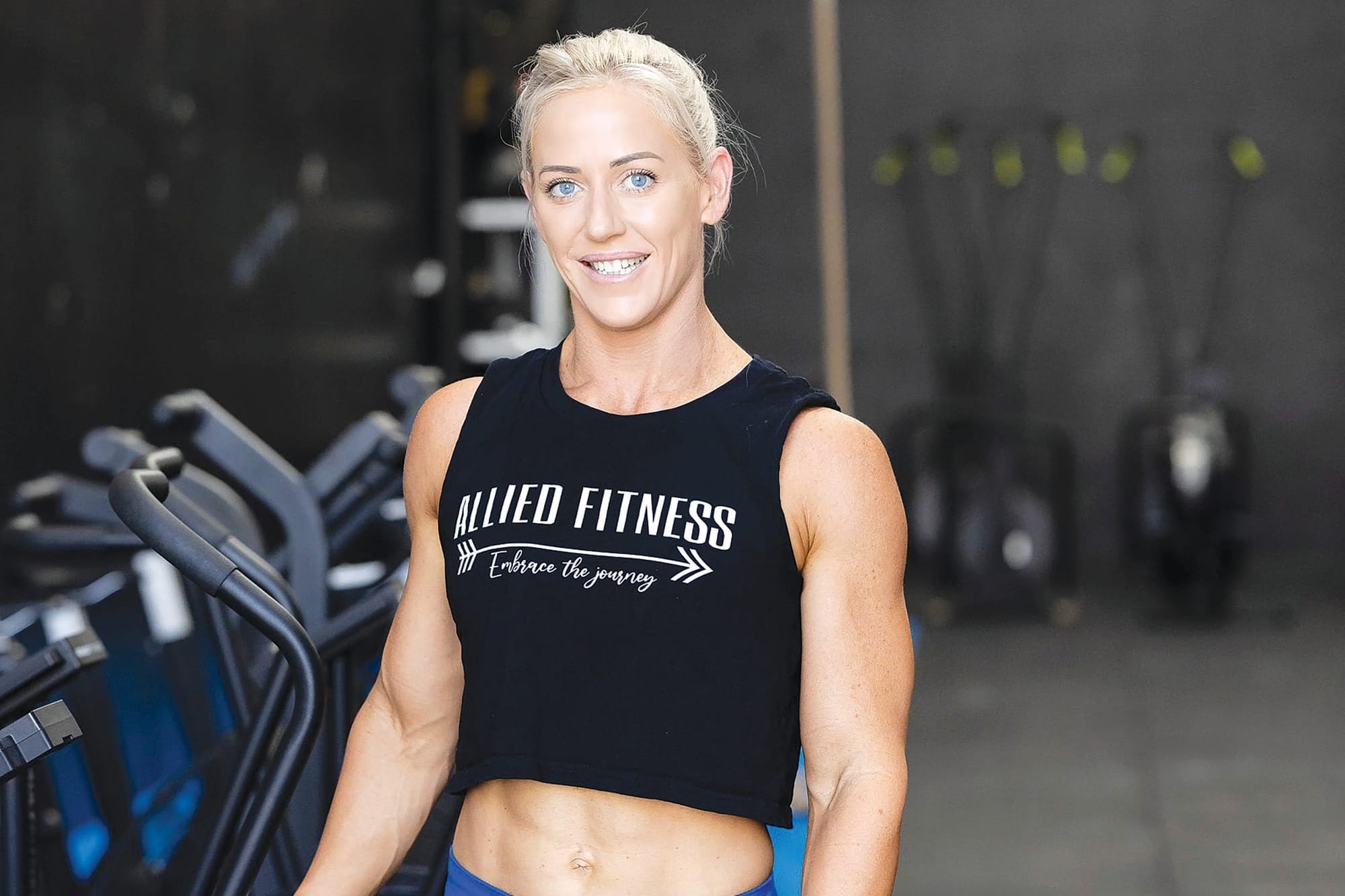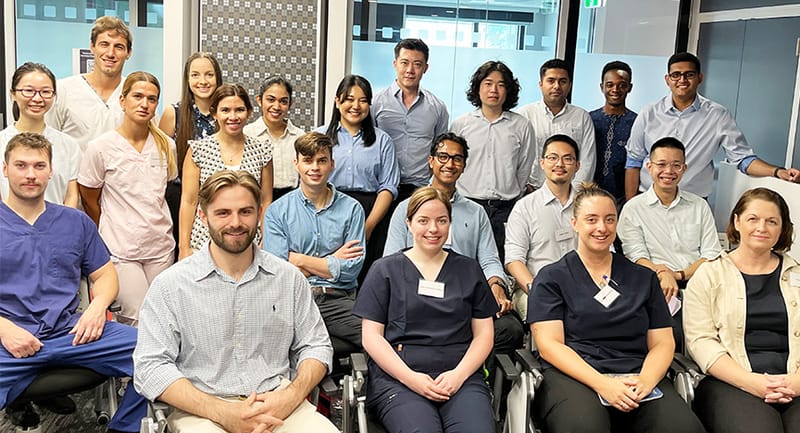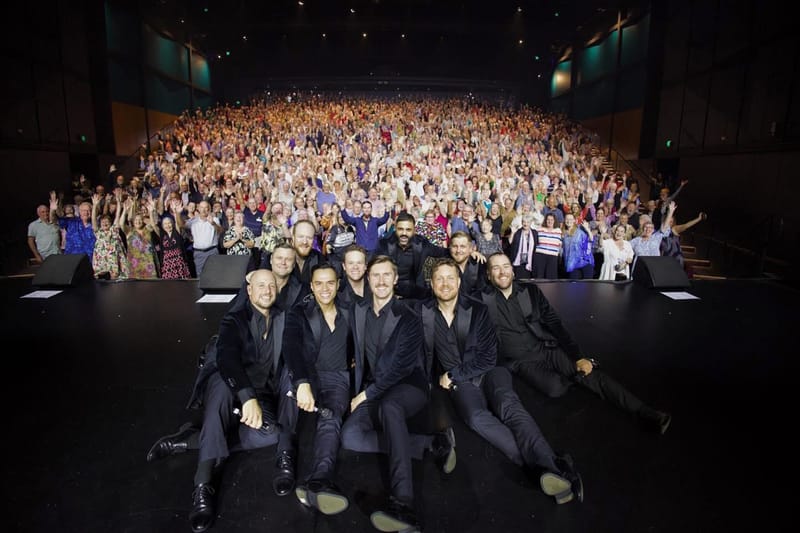Living in a saturated society: Navigating the unavoidable and finding your path to wellness
OUR SOCIETY is full of abundance — food and alcohol are everywhere, woven into daily routines. For some, they are enjoyed in moderation: food as vital nourishment, or alcohol as a celebratory or relaxing ritual. But for many, both can become tools...

OUR SOCIETY is full of abundance — food and alcohol are everywhere, woven into daily routines.
For some, they are enjoyed in moderation: food as vital nourishment, or alcohol as a celebratory or relaxing ritual.
But for many, both can become tools of escape, numbness, or dependence.
They’re used to fill a void, celebrate, drown out feelings, or cope with stress.
Because these substances are so accessible and accepted, dependence can quietly take hold.
What makes this harder to recognise is that, unlike other addictions, food and alcohol are part of everyday life.
You need food to survive, and alcohol often accompanies social gatherings.
This makes recovery more complex, as abstinence isn’t always straightforward.
Remember, not all activities need to be surrounded by plates of food or alcohol.
You can set yourself up for success by planning ahead: eat before social events so you’re not hungry, and avoid filling every environment with tempting treats.
Knowing when you’re most vulnerable allows you to stay strong.
And you don’t have to be anyone’s entertainment — don’t feel pressured to over consume or drink just to make others comfortable.
That’s not your responsibility.
If binge eating, drinking alone, or excessive use is a constant struggle, seeking help isn’t a weakness — it’s a step toward freedom.
Hiding these issues only prolongs pain.
Reach out to trusted friends, family, or professionals.
Support groups, whether online or in person, remind you that you’re not alone and can share experiences to reduce shame.
Lifestyle changes, like mindfulness, hobbies, or physical activity, support healing. Exercise releases endorphins — your natural mood boosters — and influences serotonin and cortisol, which regulate mood and stress.
Activities like strength training, cardio, swimming, or walking can help build resilience, reduce cravings, and bring calm and strength to your mind and body.
Be patient and kind to yourself.
Celebrate small victories and accept setbacks as part of the process.
Surround yourself with supportive people who guide and uplift you.
Supporting others is just as important.
If someone confides in you, listen without judgment, encourage their efforts, and respect their pace.
True friendship is about kindness, understanding, and hope.
Healing takes time. With support, a healthier, happier life is possible.
With ALI BENNETT - Allied Fitness






